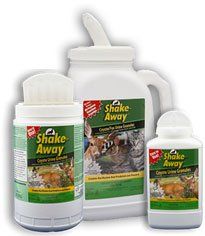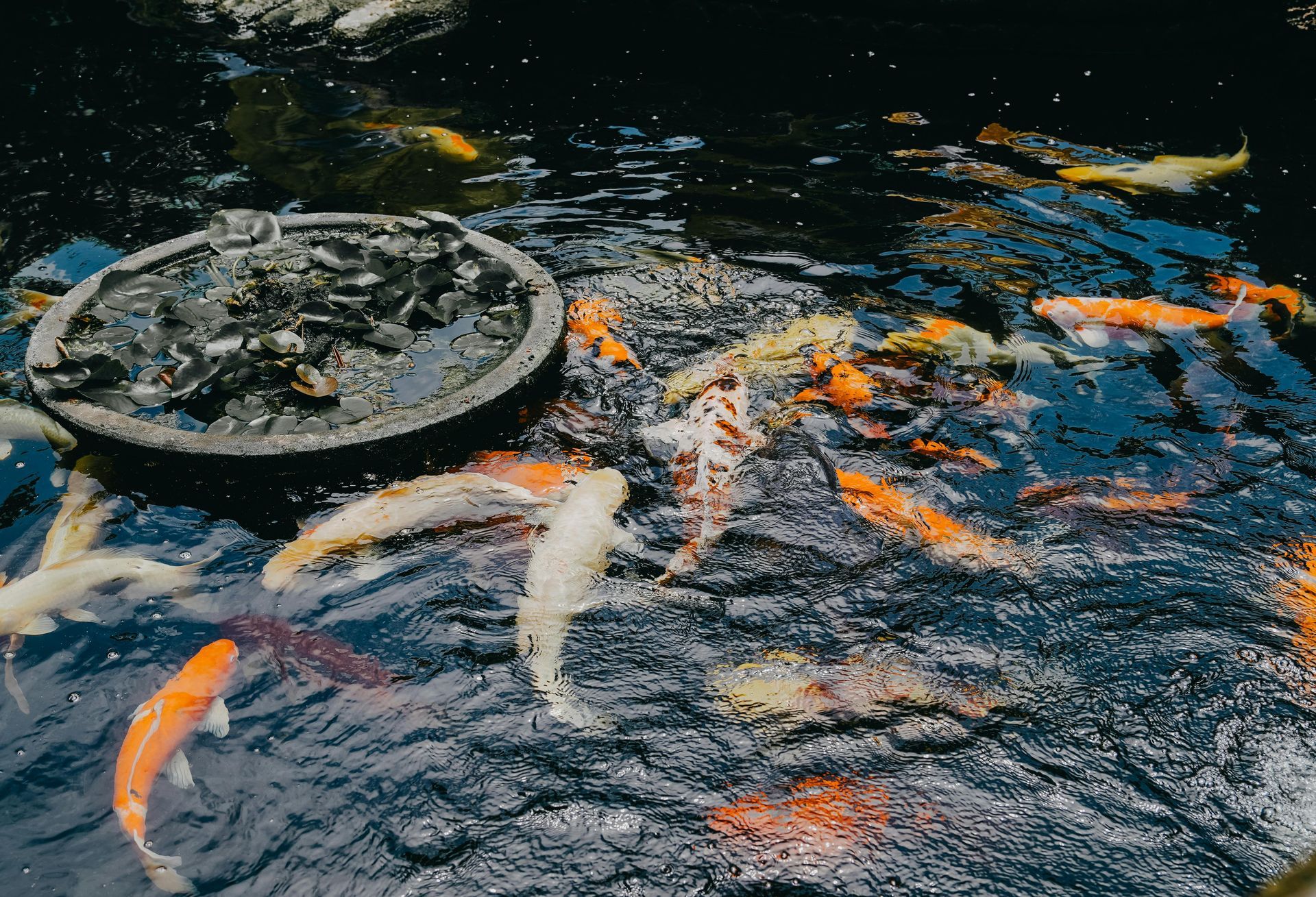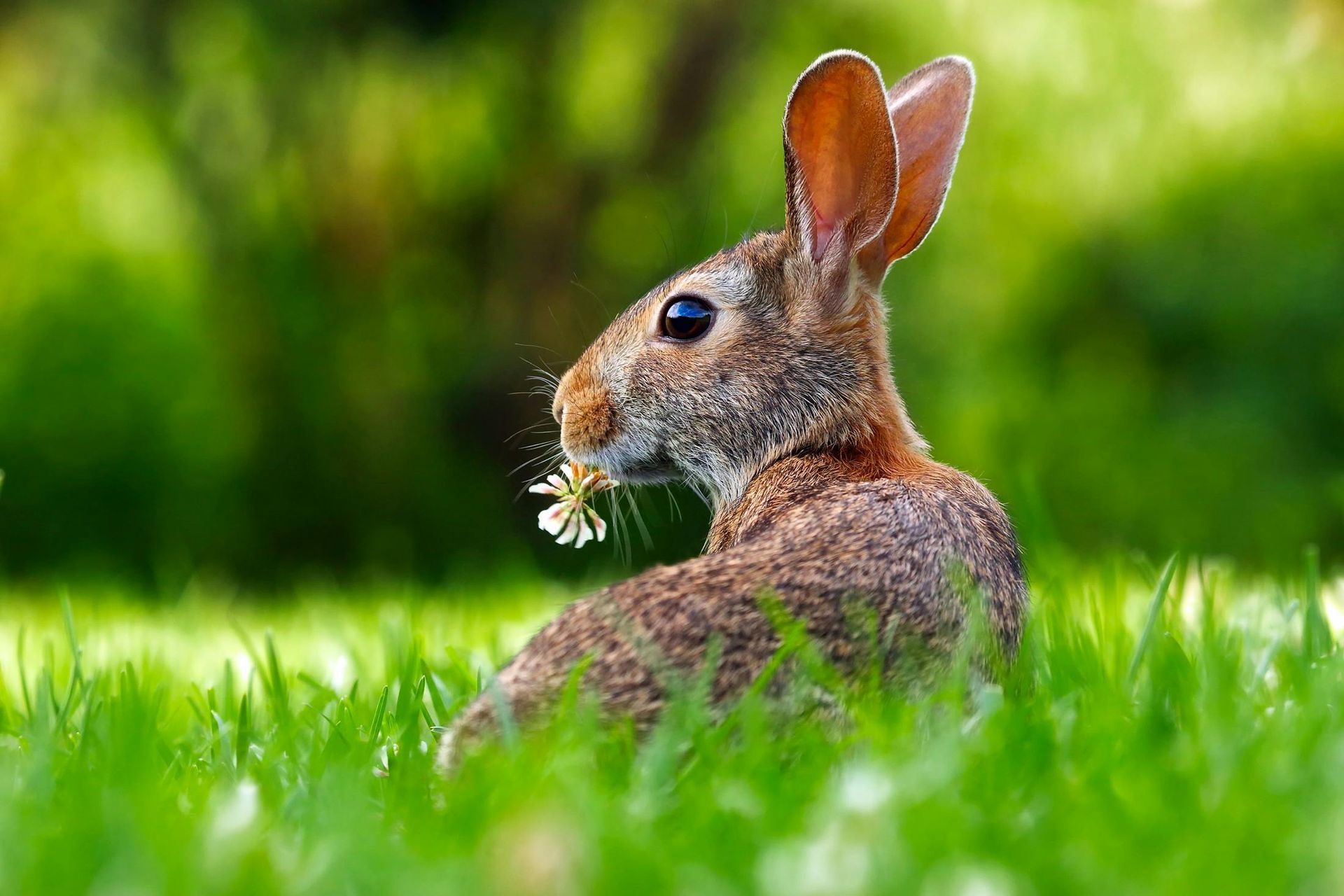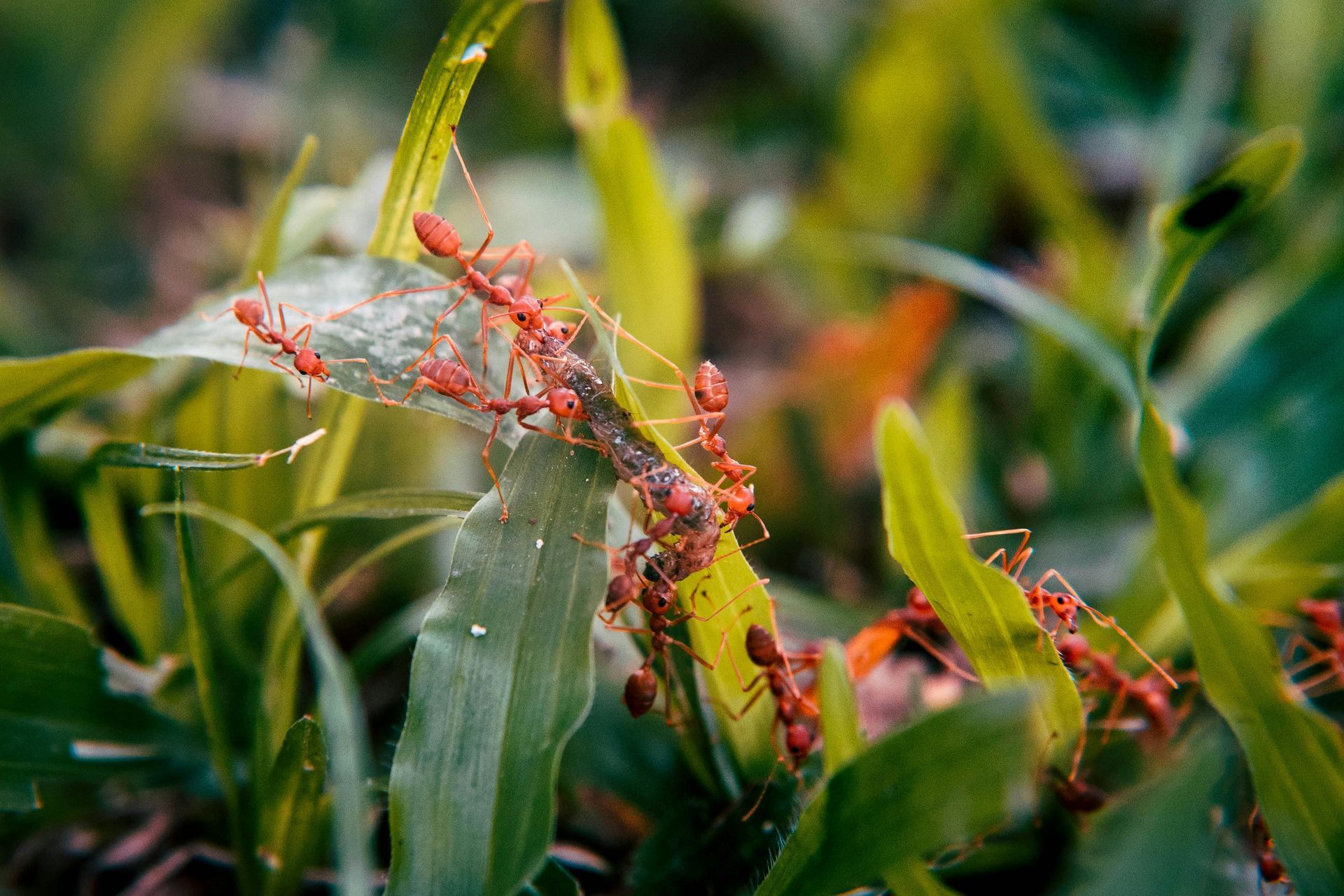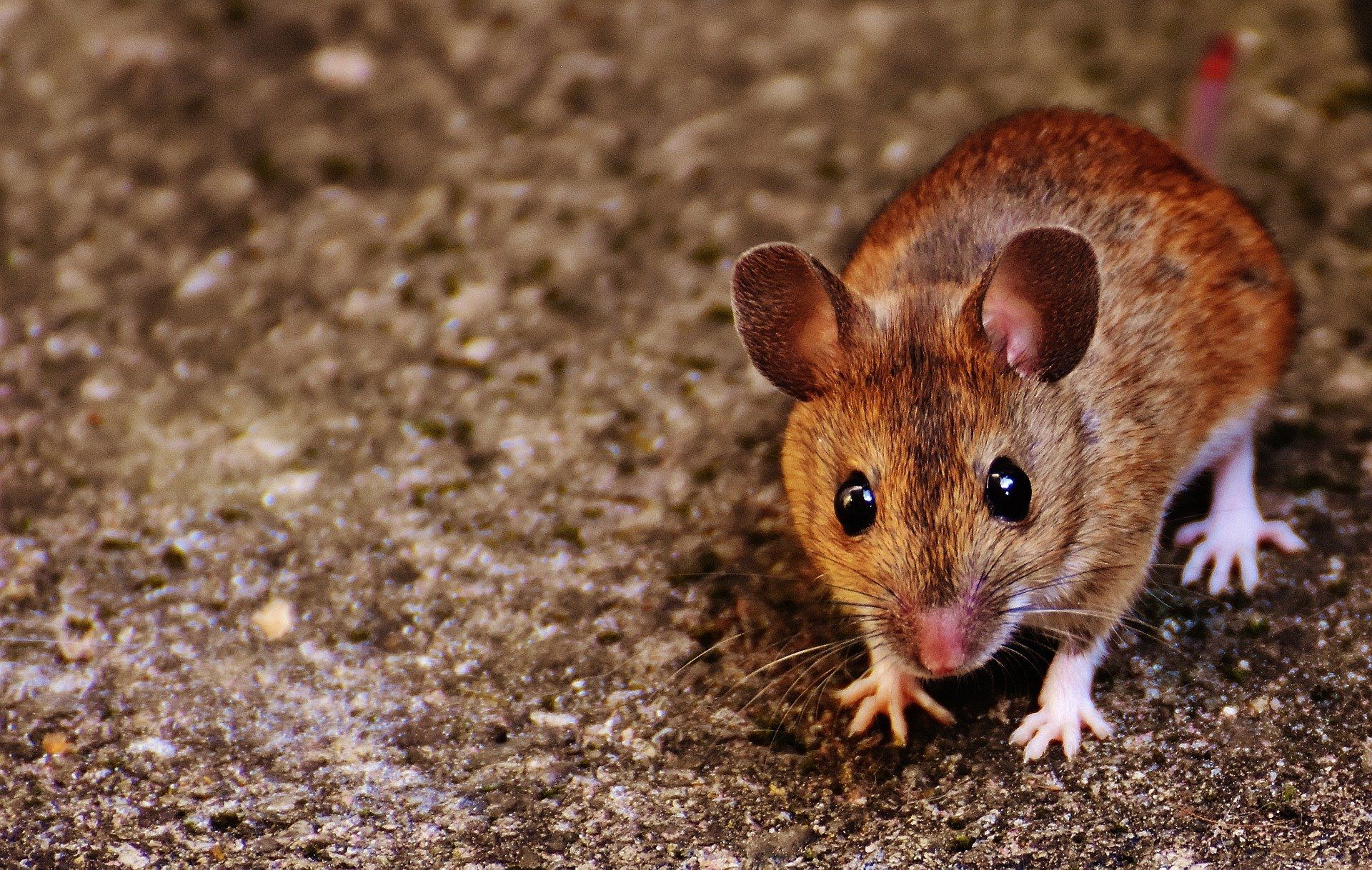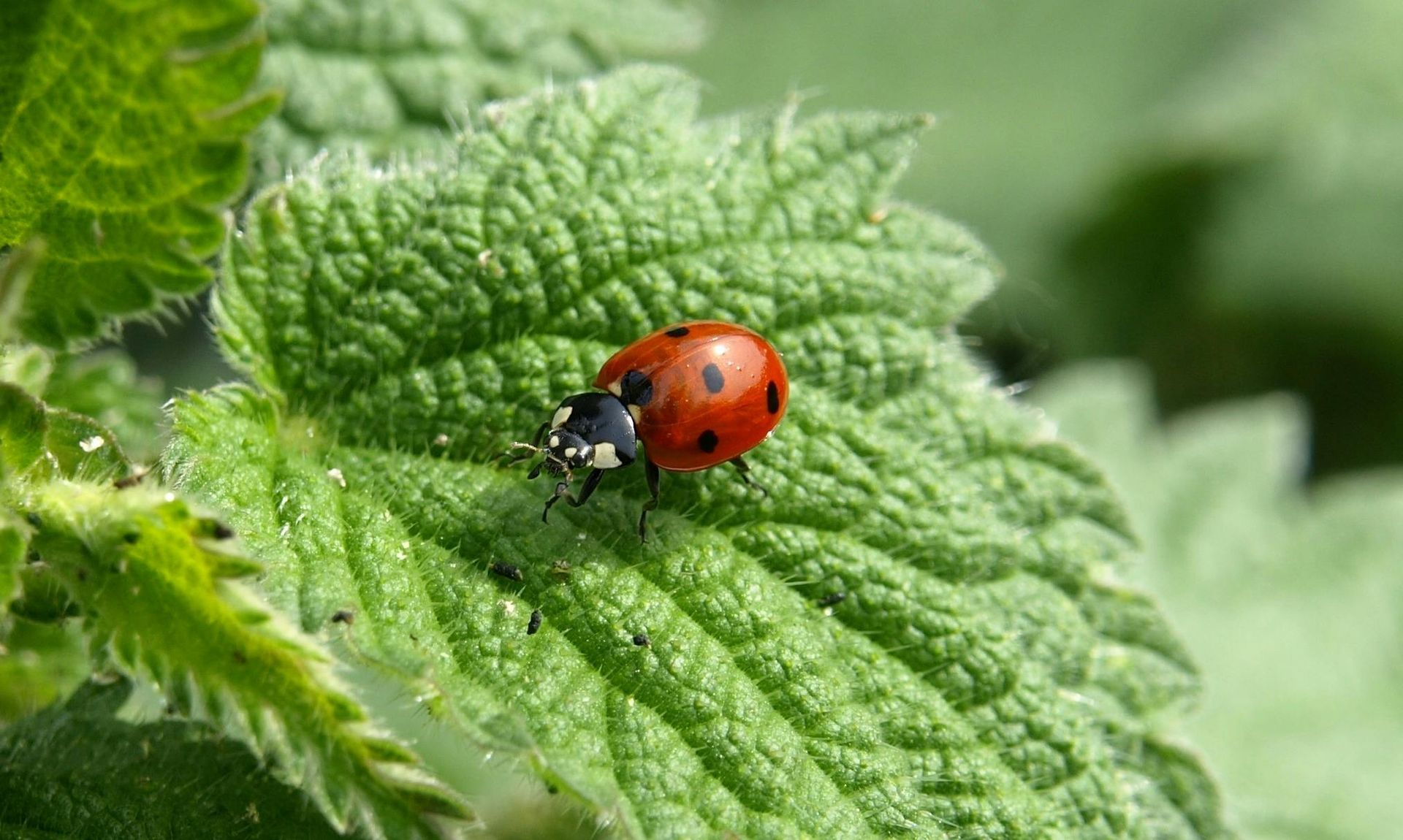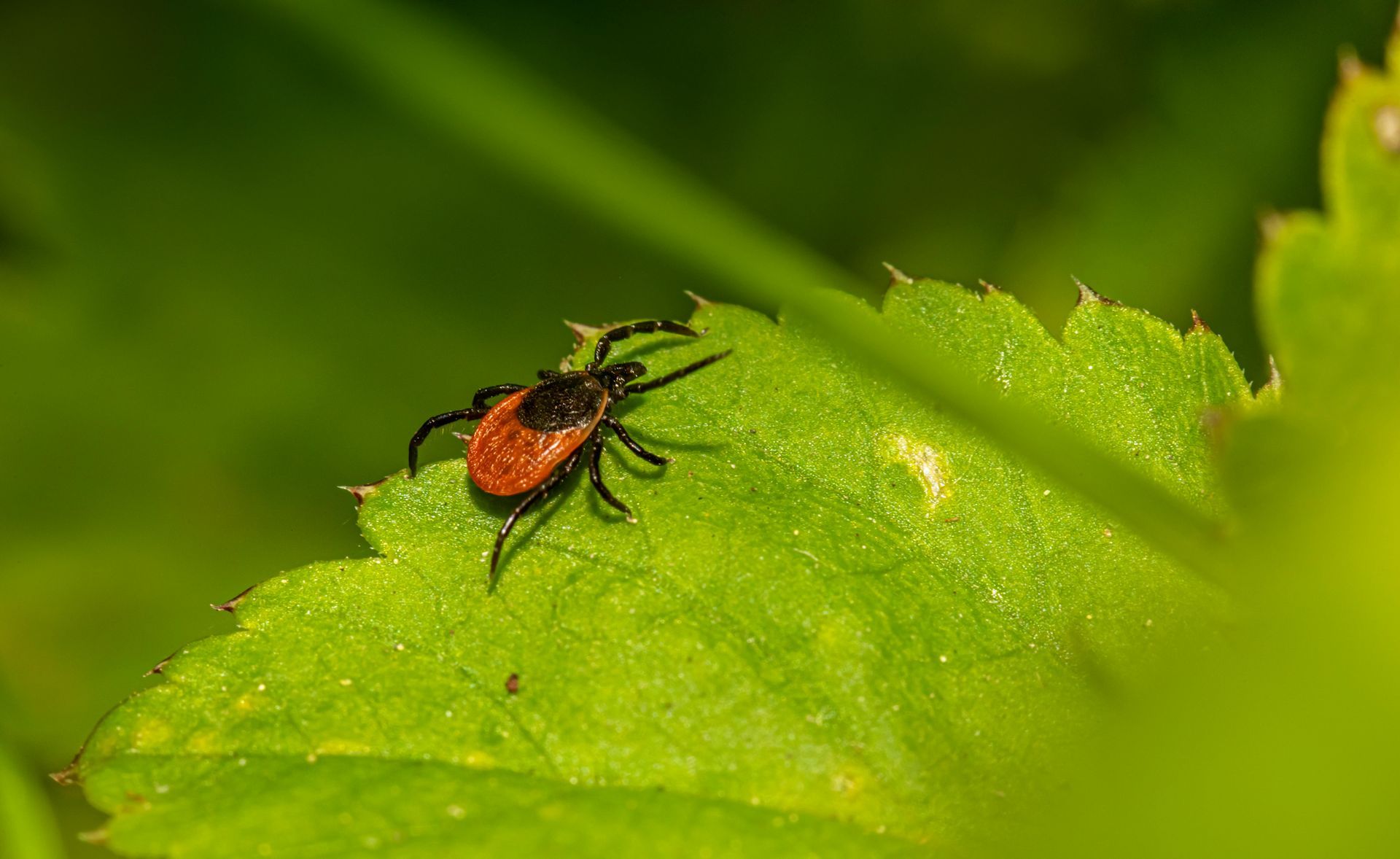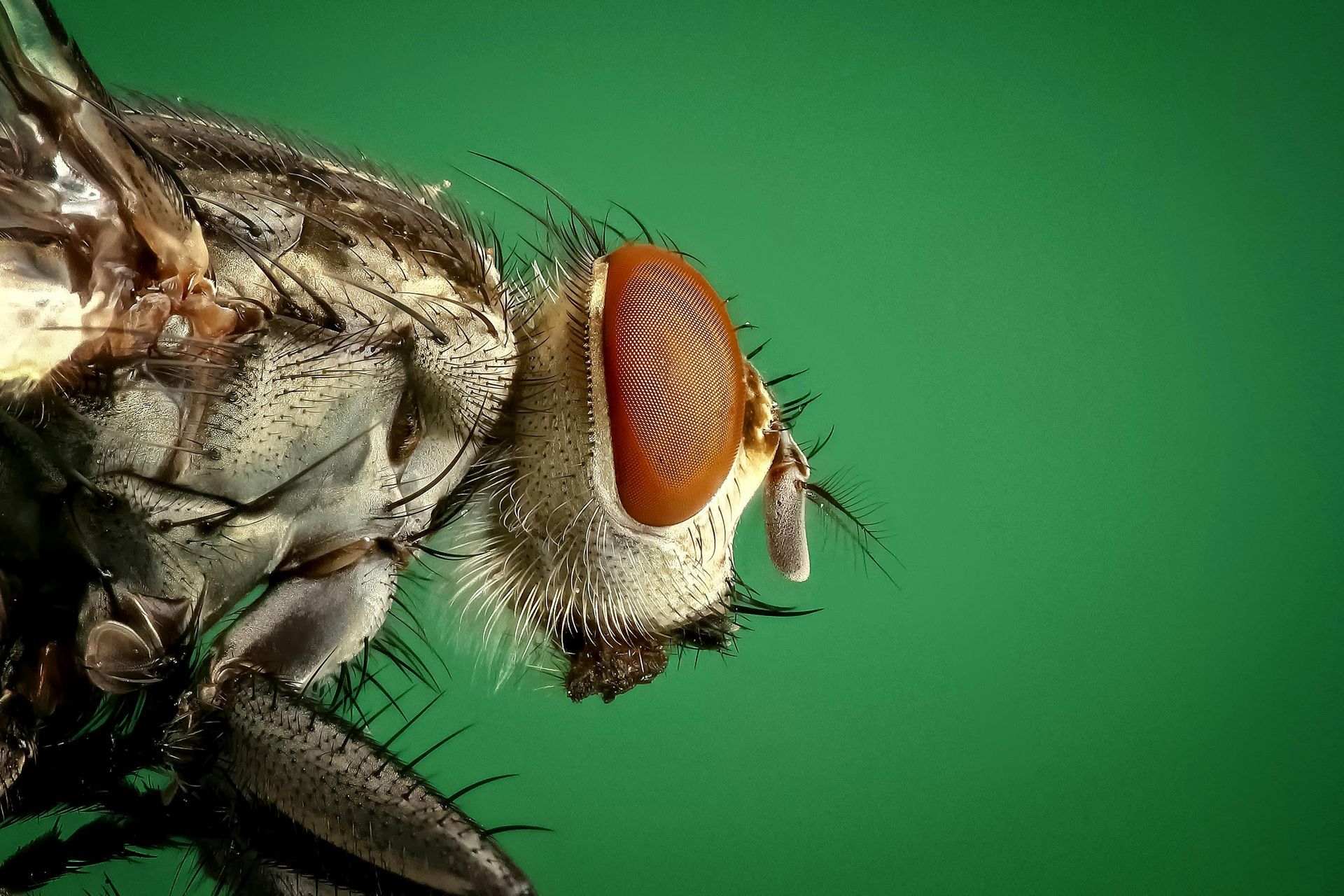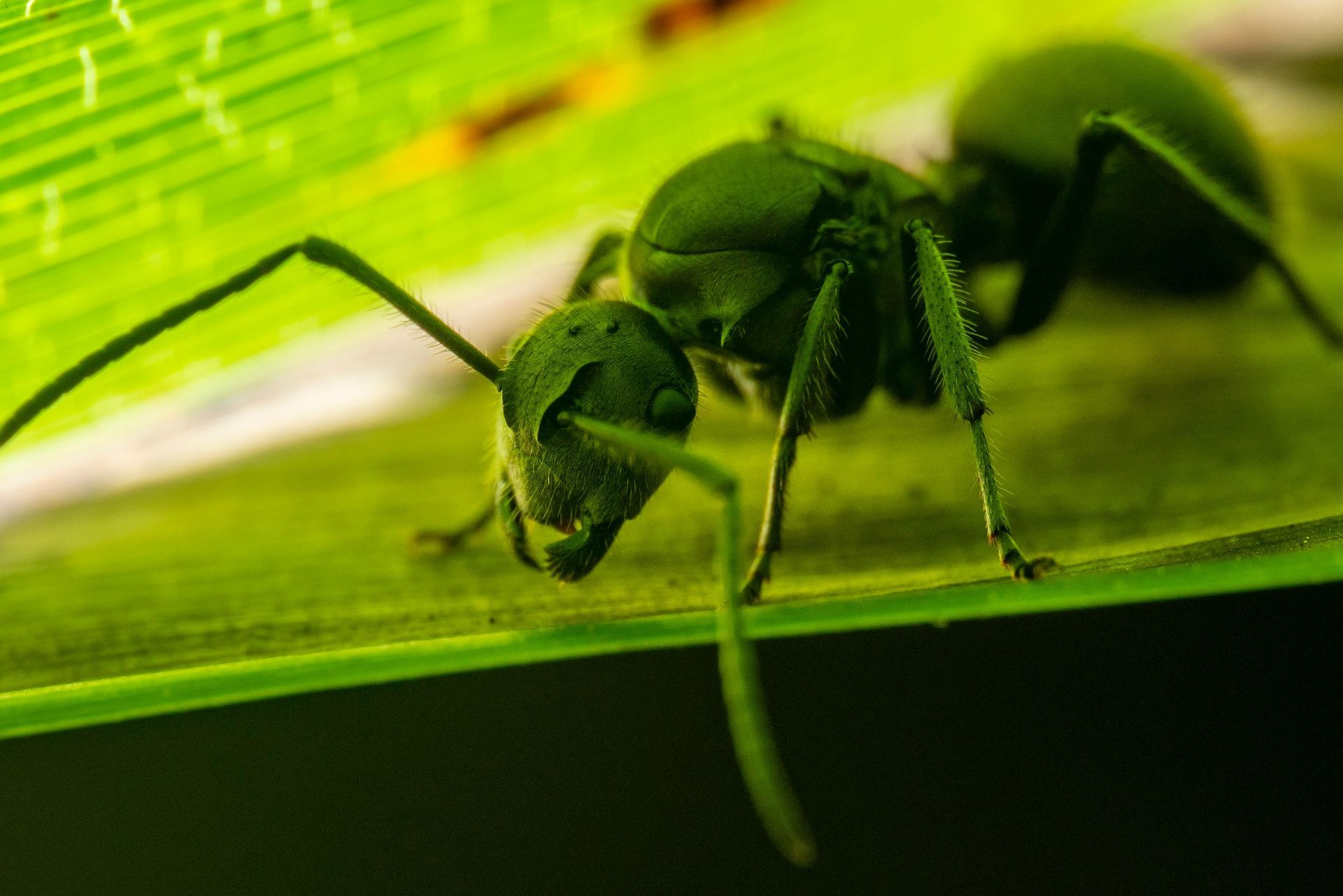The Pros and Cons of Having Possums In Your Yard
Critteer-Repellent.com Staff • June 23, 2020
It's Not All Bad, But It's Not All Good
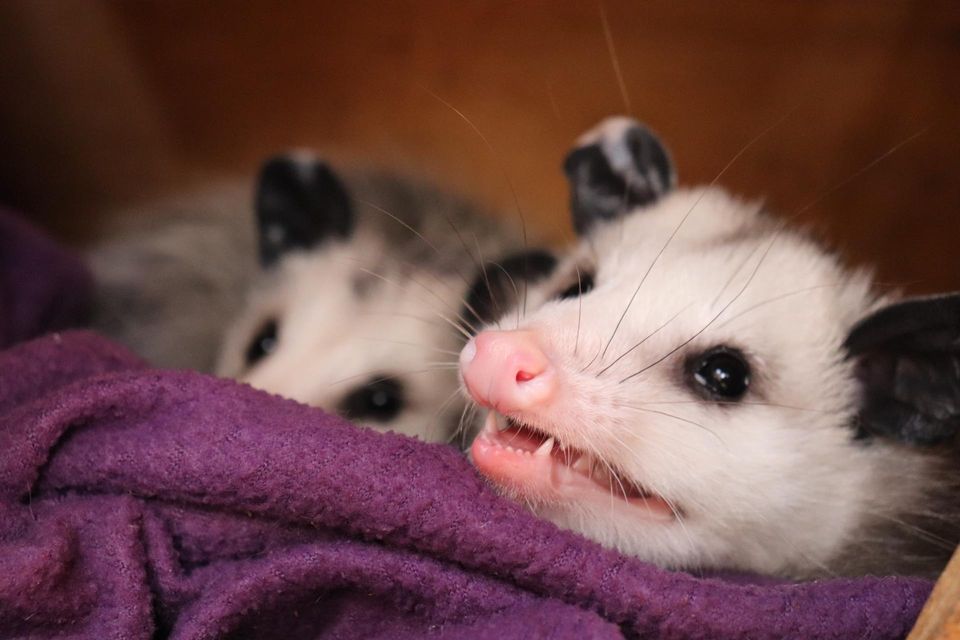
The opossum – or colloquially “possum” – is North America’s only marsupial. The tree-hanging, fuzzy, crazy-eyed mammal draws a uniquely love/hate relationship amongst homeowners and animal lovers alike, making it hard to know if you should want the funny creature around your property. If your yard is prone to possum visits, consider the following before driving them out or letting them stay:
The Pros:
Opossums eat pests
- If you keep a garden or take special care of your lawn, opossums help keep damaging pests at bay. While they are omnivorous, a large portion of the possum diet is insects*, spiders, and slugs, as well as small mammals such as rats and mice, and even snakes. This keeps your garden free of damage and protects your home from potential pest damage.
*Opossums are also key in preventing the spread of lyme disease because ticks are a regular part of their diet!
They are nocturnal - Adult opossums are solitary creatures which are active only at night, meaning that you’re not likely to run into them while you enjoy your yard. Should you bump into an opossum during the nighttime hours, chances are good it will either flee or “play possum”. They recognize you as a threat, and will not typically behave aggressively.
They are hearty, healthy creatures - Contrary to a popular presumption, rabies in opossums is incredibly rare. Compared to many warm-blooded creatures, the possum’s body temperature is low, making it hard for the rabies disease to take hold of the animal. On top of being disease-resistant, these marsupials are unaffected by the venom of spiders native to their habitats, meaning that copperheads and rattlesnakes are actually a regular part of possum diets.
The Cons:
Possums love human curation
- Being that they are omnivorous, commonly gardened flowers and fruits are often favorites for the hungry opossum. While they will typically prefer over-ripe fruits due to the higher concentration of sugar, possums are not picky. Their expansive appetite often leads to the opossum rummaging through refuse that we take outside for garbage pick up, resulting in stinky, messy cleanups on your property.
Potential yard damage
- Like any other animal, opossums create waste. While fecal matter may aid your yard’s lush, green growth, their urine can damage the roots of any greenery that you’ve cultivated. Thankfully over-salination of your lawn is unlikely to be the cause of solely an opossum, due to their solitary lifestyles, but the urine can compound with other small mammals’ who visit your yard.
Opossums can become defensive - While they won’t often pick a fight with the much larger human, possums can become combative if approached by some cats and dogs. Opossums are more defensive than anything, but if your family pet has a knack for the occasional hunt, an opossum may be a target that fights back.
The opossums is a unique and uniquely-hearty animal. While they may be essential to the fight against lyme disease, it is okay to not want them fighting lyme disease in your yard. If you’ve been experiencing unwanted visits from a motley marsupial, consider Critter-Repellent – an all natural, non-harmful solution to an opossum in your yard.
Critter Repellent All Natural Animal Repellent Blog
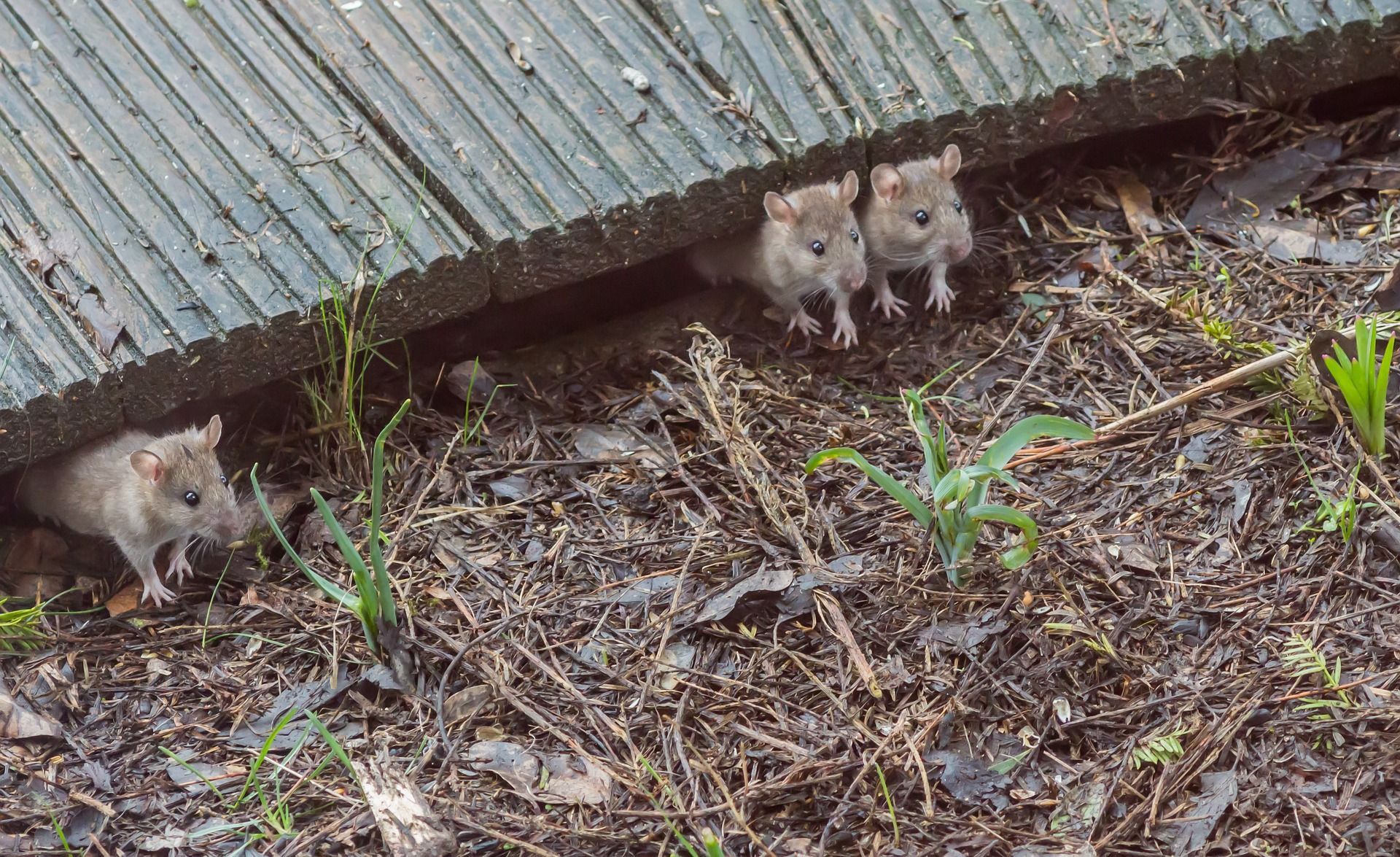
The last thing you want to see running around your house is a mouse. And where there is one, there are more. Whether it’s mice, ants, spiders, squirrels, or any other type of rodent, bird, or insect infestation, ignoring those critters can get very expensive in the long run. When it comes to remediating or protecting your home from infestations, the cost of doing nothing can lead to a big dent in your wallet. Keeping house pests at bay is important, especially if you’re planning to put the home on the sales market. How much does it cost to keep the house and property pest-free? That depends on where you live, what types of services needed, and how often the home is treated. But one thing is for sure, it’s easier (and more cost-effective) to prevent house damage than to fix everything after critters have chewed up wires, plumbing, foundation, and the yard. Potential Structural Damage Squirrels, moles, voles, rats, and mice are part of nature, but the damage that even one of these critters can do to a home can run into thousands of dollars. With sharp teeth that never stop growing, squirrels and rodents must “file down” their chompers so they don’t interfere with eating and drinking. Thus, a squirrel’s chewing habits can damage house support beams, siding, and anything else that holds the structure up. The costs to repair the building depend on the severity of the damage. Birds’ nests and clogged gutters are signs that unwanted critters are in the building’s drainage system. Replacing damaged gutters can cost several thousand dollars—to start. On average, it’ll cost between $1,600 and $5,200 (depending on size, materials, and labor costs). Wiring and Insulation Chewed-up electrical wiring is not only a hassle but it can be very dangerous. Mice, rats, squirrels, and other critters will gnaw through wires, not knowing that they can electrocute themselves but worse — start a house fire. Homeowners won’t necessarily see exposed wires around the house. Examining the house structure and wiring allows owners to know what to budget for. Pests and vermin living in the attic may tear up insulation to use for nesting materials. Depending on the size of the house, insulation costs can be anywhere from $1,600 to $8,000 on average. Termites When it comes to destructive insects, termites are at the top of the list. These icky little bugs chew through wood almost as quickly as a cartoon buzzsaw. And the worst thing? In general, homeowners’ insurance does NOT cover termite damage. Signs of termite infestation and damage include: Chewed up or hollow wood Blisters or buckling in the flooring Discarded termite wings Bubbling paint Strips of mud tubes along crevices Damaged support beams Tapping sounds in the walls The cost of repairing termite damage can range from a few hundred to a few thousand dollars—or more, depending on what part of the house is torn up and what needs to be done. Preventing termites in the yard and hiring a professional exterminator are two ways of keeping these hungry critters away from your home. Pest Entry Points Cracks and crevices are easy access points for mice, insects, wasps, and other pests. Unscreened vents and windows, loose shingles and siding, and chimney gaps are entry points for bugs and mice. Not having trees and shrubs around the perimeter of the house won’t prevent squirrels and mice from coming onto your property, but keeping greenery away from the structure would deter critters from having direct access to it. Perceived Value Whether your house is currently for sale or it’s a plan for the future, having pests and vermin roaming around the property can keep the buyers away. Among the financial considerations, house-hunting taps the emotions of the would-be buyer. No matter what the item is, perceived value is a customer’s view of whether it is worth the money. An infested home has lost its marketing value, especially if a mouse runs across the floor during the negotiating stage. The cost of doing nothing when you should be doing something can lead to a huge repair bill and maybe even a home improvement loan or second mortgage on your house. Ignoring the problems won’t make them go away. If wildlife and insects are damaging your home, do something about it sooner than later.

